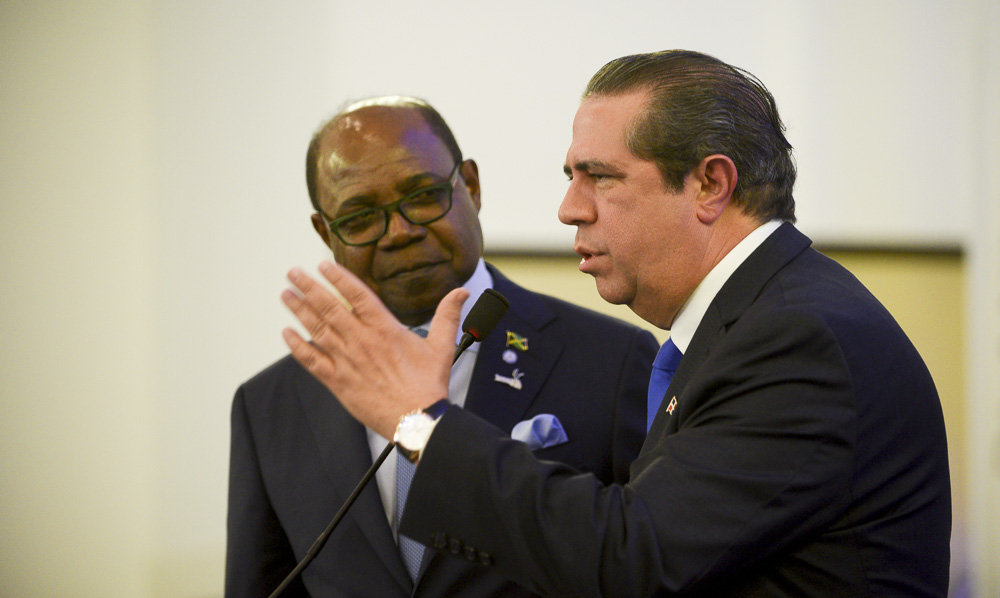This post may contain affiliate links. We may earn money or products from the highlighted keywords or companies or banners mentioned in this post.

The European Commission announced that it is investigating whether Disneyland Paris charged foreign visitors more than French tourists, which would be against the EU rules.
“We are currently examining a certain amount of complaints, many of whom are against Disneyland Paris,” said a spokesman for the Commission. The British daily Financial Times said that the theme park, the largest in Europe, was accused of having overcharged the German and British visitors. According to the newspaper, a French visitor spends 1,346 euros for a premium package, while an English visitor is charged 1,870 euros and a German visitor 2447 euros.
“The Commission and the European consumer associations frequently receive consumer complaints involving unjustified price differences based on their nationality or their place of residence; differences prohibited by European directives,” said the spokesman. “Too often consumers are seeking to purchase goods or services in another country than their own and are prevented from getting the best price.”
The French state must ensure that Disneyland Paris complies with the European laws on commercial practices, said a source at the EU, adding that Brussels will soon contact France regarding this matter. Consumers may be discriminated in different ways, with specific sites according to the countries, with different pricing, or companies even refusing to deliver in some countries, the source said.
Since Jean-Claude Juncker assumed his position as the head of the Commission, last November, the executive arm of the EU has embarked on a crusade against the national commercial barriers that weigh upon consumers, particularly for online business. US firms such as Amazon, Google and Apple were the first ones to bear the consequences of this campaign, with the opening of several investigations.
Recently, the Commission also accused the British channel Sky TV as well as six major Hollywood studios including Disney, of violating the anti-monopoly regulations by blocking content access to subscribers who paid for TV, outside of their country of origin.










